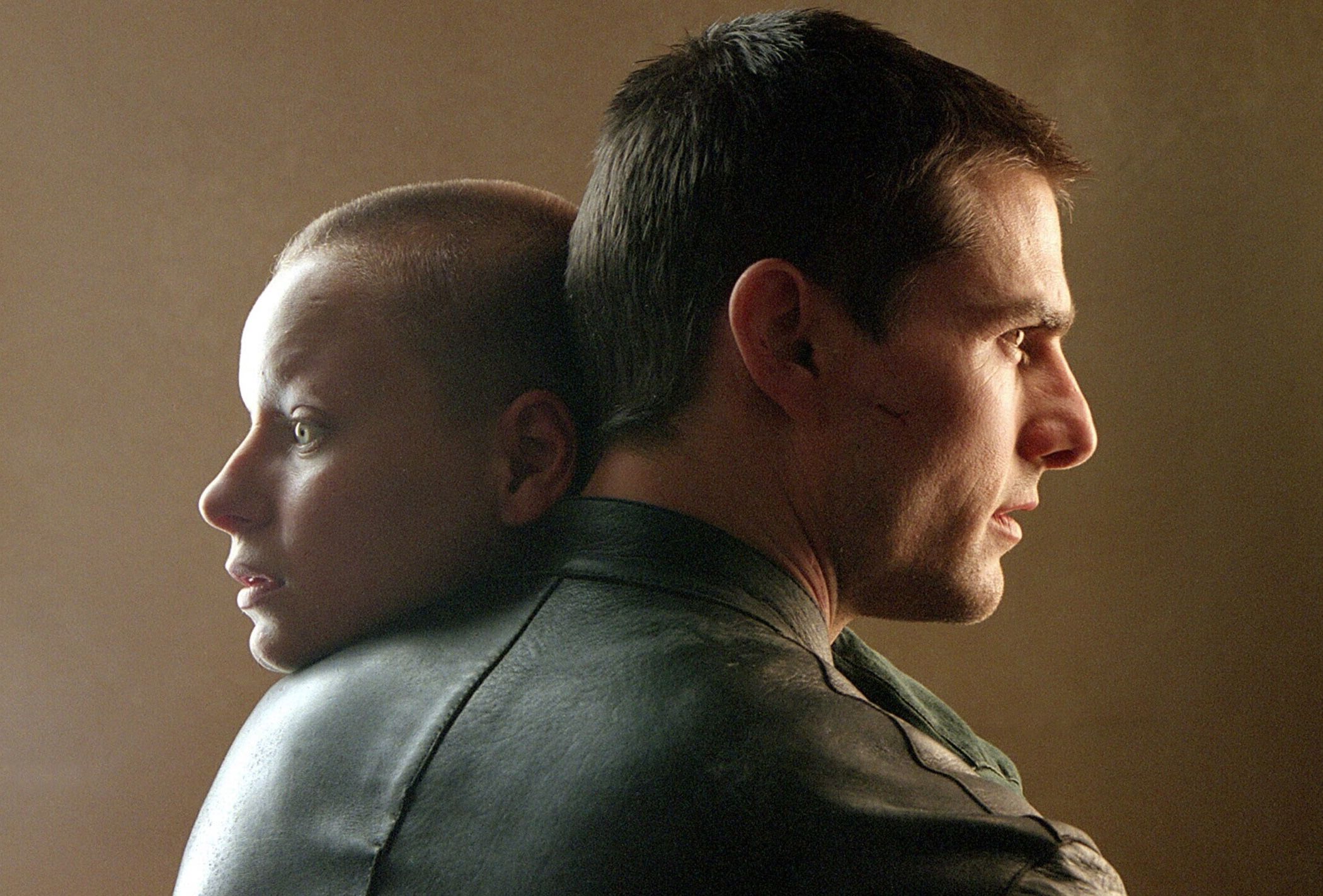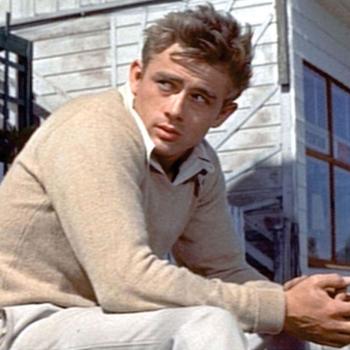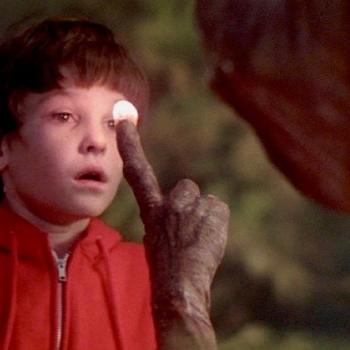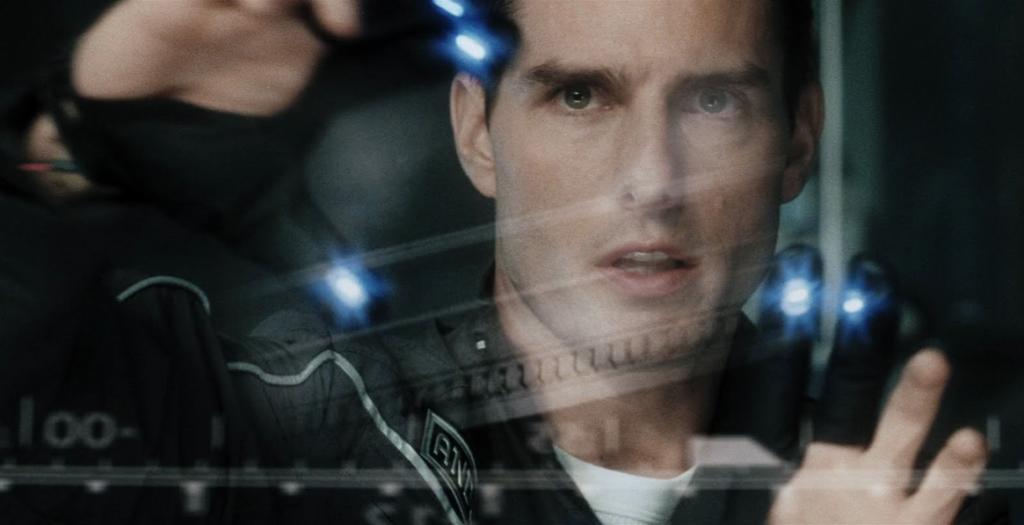
Like many of the films we discuss here, Steven Spielberg’s 2002 film, Minority Report, makes some overt references to religion and spirituality. There’s an early conversation where John’s coworkers speculate on the deific nature of the precognitives, whose prophetic abilities allow them to stop murders before they happen: “The way we work, changing destiny and all, we’re more like clergy than cops.” This makes our protagonist, John Anderton, uncomfortable, and he shuts the conversation down.
What happens when technology effectively turns us into gods ourselves? Many scholars have wrestled with this question. Minority Report‘s answer appears to be that technology can never really get us close to true godliness, though it can feed our egos just enough that we may suppose ourselves all-knowing.
In the world of Minority Report, the government has perfected a system that allows them to anticipate murder before it transpires and arrest would-be-murderers before the murders are committed. The integrity of this brand of law enforcement hinges on the promise that “the precogs” are never wrong in their forecast. Our main character, Precrime officer John Anderton, is forced to confront the flaw in this system when the precogs predict that he in 36 hours he will murder a man named Leo Crow, whom he has never met. This forces him to go on the run and uncover Precrime’s dubious origins as well as the nature of free will.
This is a universe where the government itself acts with a godlike omniscience and omnipotence. This is seen both through the function of the precogs and through the tight grip of surveillance that the government uses to keep its citizens under its eye. One scene has the police dispatch a fleet of robotic spiders who creep into every residence in an apartment building to scan the eyes of every man, woman, and child. The government enacts judgment with an absoluteness no less godly. Those convicted of a future murder are locked away in a comatose state for eternity. This is the fate that awaits John if he is caught by the very police force he worked with.
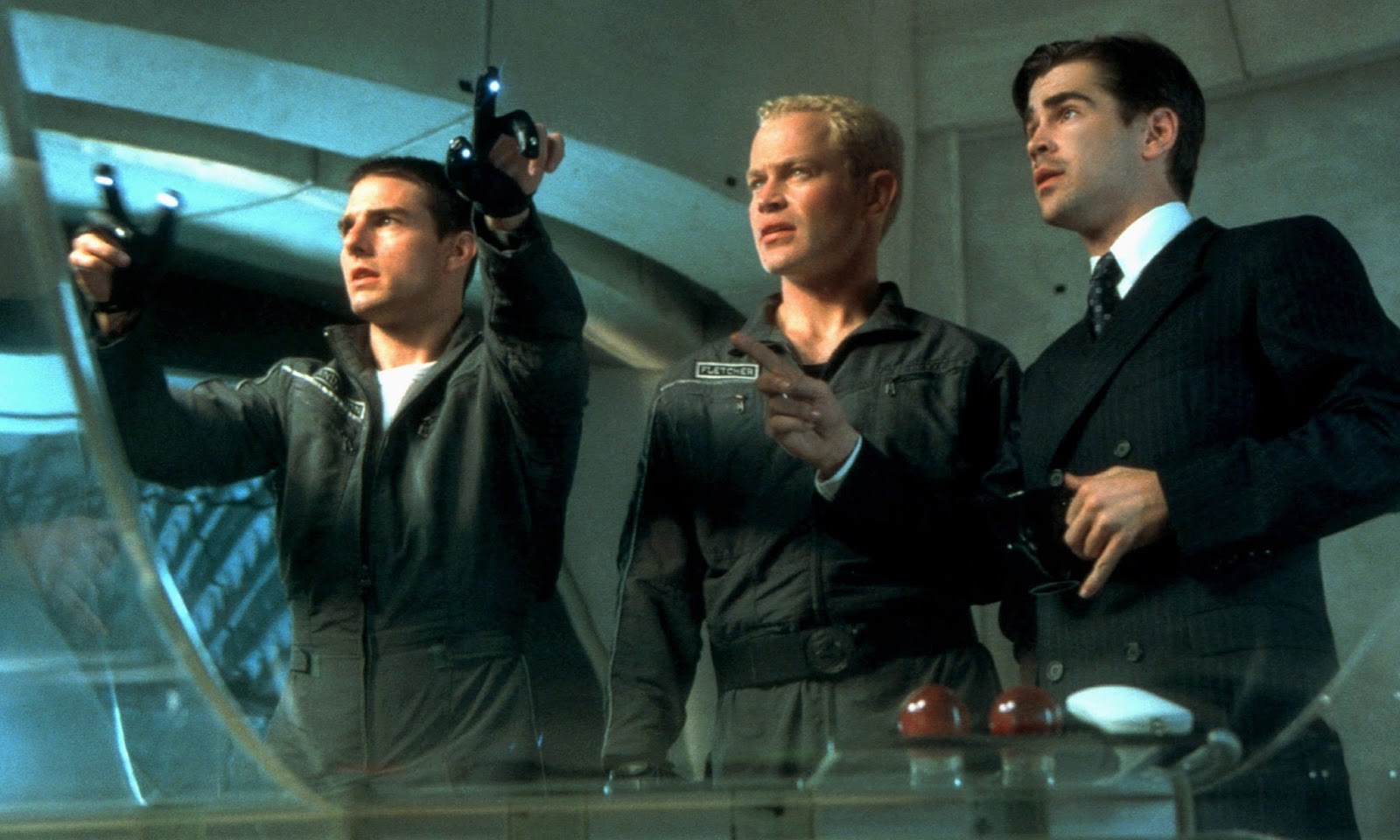
The appeal of such a system rests on the supposition that we can determine a person’s moral alignment separate of any actions they have taken or might take–that our own judgment is perfect. The Precrime unit describes a person’s foreseen future in terms of metaphysics, the sum of a mathematical equation that can be anticipated.
This further rests on grounds that you, the enforcer of morality, are yourself free of any such proclivity, that you do not have the capacity for something as atrocious as murder. Part of the tension comes from the threat of wondering what could move Tom Cruise to murder, as the pre-cogs foresee.
This comes to a head when John finally encounters Leo Crow and finds an array of photographs of kidnapped children, including John’s own missing son. When Crow confesses to taking and killing John’s kid, John is positioned to commit the murder the precogs prophesied. This scene is charged because, even in a world without clairvoyance, the audience knows how this is “supposed” to end. How many of us would think twice about delivering the ultimate judgment on someone who took the life of our own kid?
But John defies his prescribed destiny when he places Crow under arrest. And it’s only after this that John discovers Crow was planted to pose as his kid’s abductor specifically to engineer John’s murderous turn–if John had followed through on his natural impulse, one he was sure was just and true, he would have never uncovered the conspiracy surrounding the Precrime division. Moreover, he would have darkened his own soul on behalf of a lie.
After all, the same piece that makes humans imperfect makes them unpredictable. It makes them agents in their own story. And in a roundabout way, that’s what makes humans godly.
